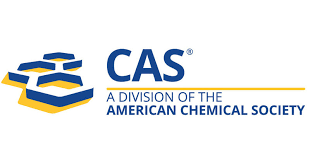A STUDY ON STRATEGIES TO PREVENT SURGICAL SITE INFECTION AND CURRENT ANTIBIOTIC PRACTICES IN POST APPENDECTOMY PATIENTS IN A TERTIARY CARE CENTRE OF WEST BENGAL: THIS CROSS-SECTIONAL OBSERVATIONAL STUDY
Keywords:
Appendectomy, infections.Abstract
Background: Surgical site infections (SSIs) are one of the most common complications following appendectomy. Antibiotic prophylaxis and adherence to infection control practices are essential in reducing postoperative infections. Objectives: To assess current antibiotic prophylaxis strategies and identify effective methods to prevent SSIs in appendectomy patients in a tertiary care centre of West Bengal. Methods: This cross-sectional observational study included 28 patients who underwent appendectomy. Data on demographic characteristics, risk factors for appendicitis, type and timing of antibiotic prophylaxis, and incidence of SSI were collected. Results: Preoperative antibiotic prophylaxis was given in 100% of cases, predominantly using ceftriaxone and metronidazole. SSI incidence was 14.3% (4 out of 28 patients). Risk factors such as delayed presentation (>48 hours), diabetes, obesity, and perforated appendix were significantly associated with SSIs. Compliance with infection control protocols correlated with reduced SSI rates. Conclusion: Proper timing and choice of antibiotic prophylaxis, combined with strict surgical asepsis and early diagnosis, are key strategies to reduce SSI following appendectomy.
.png)









